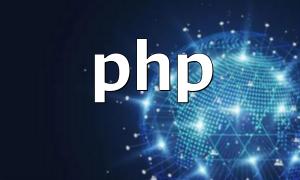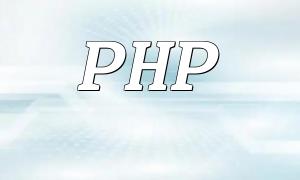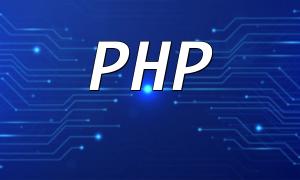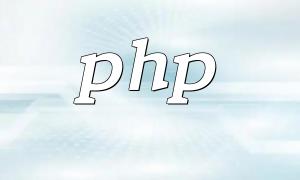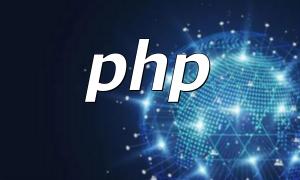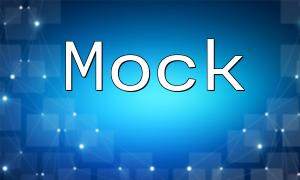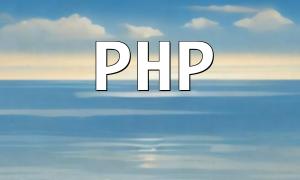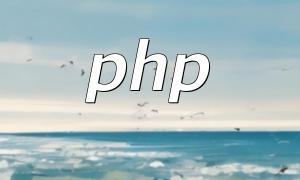PHP frameworks offer significant security advantages, including built-in SQL injection protection using prepared statements and parameter binding to automatically filter user input; automatic escaping of user input to prevent XSS attacks; and token and session verification to prevent CSRF attacks.
Web frameworks provide developers with structure and core components to build robust and secure web applications. Security is a critical consideration when choosing a web framework. This article compares PHP frameworks with other popular language frameworks in terms of security strengths and weaknesses.
Web applications commonly face the following vulnerabilities:
PHP frameworks provide multiple built-in security features, including:
The following PHP code is vulnerable to SQL injection:
$query = "SELECT * FROM users WHERE username='" . $_GET['username'] . "'";
$result = mysqli_query($conn, $query);Using the Laravel framework, this issue can be resolved with prepared statements and parameter binding:
$query = DB::table('users')->where('username', $_GET['username'])->get();Laravel automatically handles parameter binding and input filtering, effectively preventing SQL injection attacks.
PHP frameworks provide comprehensive security measures to help developers build robust and secure web applications. Compared to other language frameworks, PHP frameworks excel in SQL injection, XSS, and CSRF protection. The best framework choice should be based on specific application requirements and the development team's experience.
